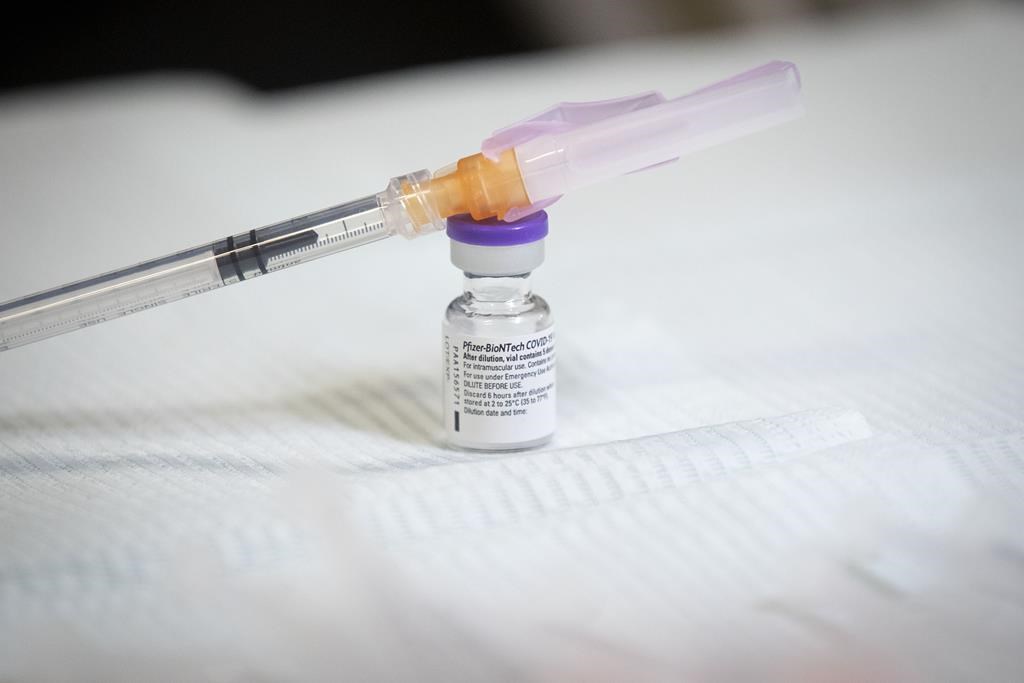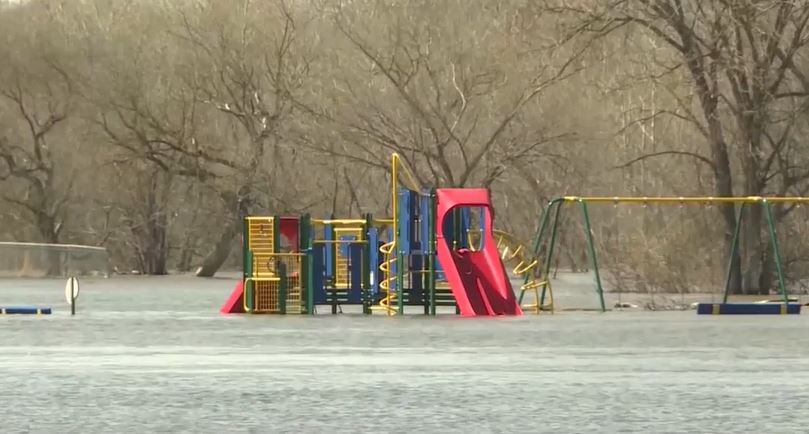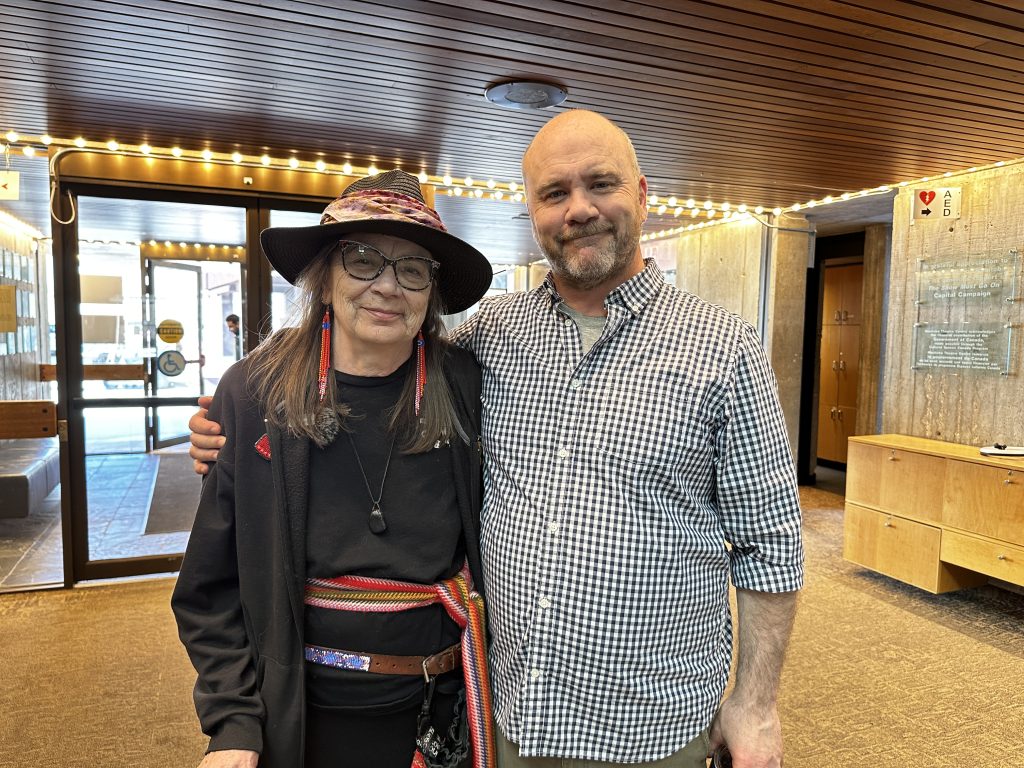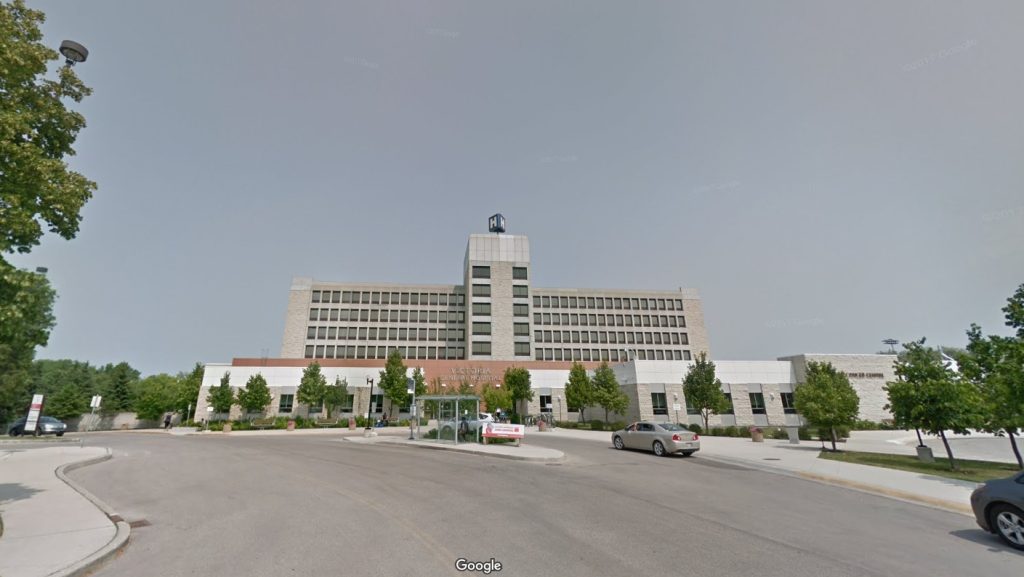Canada’s vaccine panel stands by decision to delay second doses of COVID shots to four months

Posted April 7, 2021 7:26 am.
Last Updated April 7, 2021 10:27 am.
OTTAWA (NEWS 1130) – Canada’s vaccine advisory panel has confirmed its choice to delay the interval between first and second doses of the COVID-19 vaccine.
The National Advisory Committee on Immunization’s “rapid” response recommendation a month ago was followed by further research on the vaccines.
“The substance of the recommendation has not changed,” said Dr. Shelley Deeks, the co-chair of NACI, adding the panel is now releasing a full statement on its extended dose interval recommendation.
“The statement provides detailed evidence summaries and complete analyses that support the recommendation to extend the time between the first and second dose of COVID-19 vaccines for up to four months,” Deeks said. “Second doses should be offered as soon as possible after all eligible populations have been offered first doses, with priority given to those at highest risk of severe illness and death from COVID-19 disease.”
In March, NACI changed its recommendations to say if vaccine supplies are short then provinces could extend the time between first and second doses of the COVID-19 shot to a maximum of four months.
“In making our population-based recommendations, we carefully considered all available evidence. We looked at clinical trial evidence, that demonstrates very good vaccine efficacy from the first dose. We also looked at new real-world evidence that suggests good vaccine effectiveness against symptomatic disease and asymptomatic infection, and very good effectiveness against hospitalization, including among older populations after the receiving of the first dose,” Deeks explained.
The panel says members also looked at mathematical modelling that showed accelerating vaccine coverage, by getting more people inoculated, “would have substantial population benefits by reducing symptomatic disease, hospitalizations, and death while there is limited vaccine supply.”
The change in guidance raised a lot of eyebrows, given pharmaceutical companies behind the vaccines — Pfizer, Moderna, and AstraZeneca — recommend the second dose be given between 21 and 28 days.
Related articles:
-
Panel agrees with Dr. Bonnie Henry’s four-month delay between COVID vaccine doses
-
Canadian scientists question decisions to delay second COVID vaccine doses
-
B.C.’s Dr. Bonnie Henry defends extending interval between COVID-19 vaccine doses
Several provinces are following NACI’s latest guidance in an effort to get more people vaccinated with a first shot quicker.
The panel says it expects the administration of second doses won’t end up taking as long as four months based on Canada’s expected vaccine supply.
“NACI has also emphasized that jurisdiction, when determining the vaccine policy within provinces and territories, may choose to shorten the interval between the first and second dose in specific populations based on local epidemiology, local vaccine supply, public health considerations, and emerging data,” Deeks said.
However, some medical research experts argue that large gap is risky because it could lead to a new variant and result in less protection months down the line for people who are vulnerable.
Last month, a group of doctors penned a letter to federal and provincial governments to raise their concerns and questions about delaying second doses, noting that Canada was the only country attempting this and that there was not enough data to back up the decision.
The decision to extend intervals has been controversial. Drug makers recommend just 21 days between the first and second shot, and some immunologists and researchers say 4 months is a risky gamble that could result in a new variant. Story below #cdnpoli https://t.co/4D861JiRED
— Cormac Mac Sweeney (@cmaconthehill) April 7, 2021
B.C.’s provincial health officer was the first to extend vaccine intervals in Canada, defending her decision which she said was based on data.
On Tuesday, Dr. Bonnie Henry and Dr. Jennifer Russell, New Brunswick’s acting chief medical, joined the NACI panel on behalf of the Council of Chief Medical Officers of Health.
“As part of the COVID-19 response, we are committed to implementing an approach to COVID-19 vaccination that brings the greatest benefit to all of our populations,” Henry, the chair of the CCMOH, said.
“The goal of our COVID-19 immunization response is to enable as many people as possible to be immunized as quickly as possible with safe and effective vaccines, while ensuring that those at highest risk are prioritized. This strategy will contribute to our overall pandemic response goals of minimizing serious illness and death, at the same time as minimizing societal disruption,” Henry said of NACI’s recommendation, noting jurisdictions are doing this based on evidence, public health principles, and collaboration.
Canada is expecting millions of doses of vaccines in the coming weeks. If NACI reduces its interval guidance now that vaccine supply is ramping up, it’s not clear what this will mean for provincial timelines for vaccination rollout.
Henry says the increase in vaccine dose will help Canada scale up its immunization rollout.
“As chief medical officers of health, we welcome and support NACI’s recommendation to extend the timing of the second dose of COVID-19 vaccine up to four months from after the first,” Henry said, adding provinces and territories may be able to shorten that timeline based on their own circumstances.
“As we know, things are slightly different in each province, and particularly in our territories,” she said.
The prime minister also has a call with premiers on Wednesday to discuss the rising number of COVID-19 cases, the strain on the health-care system, and the rollout of vaccines.








